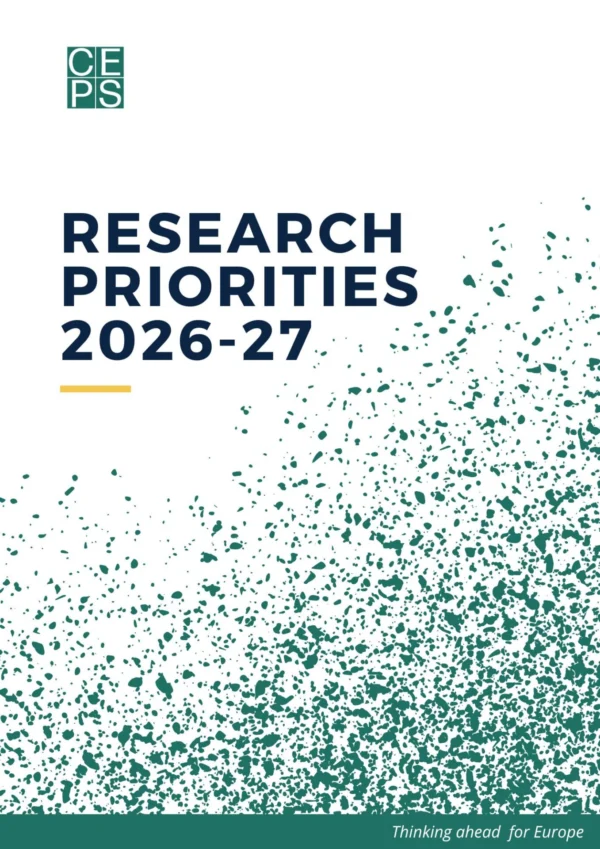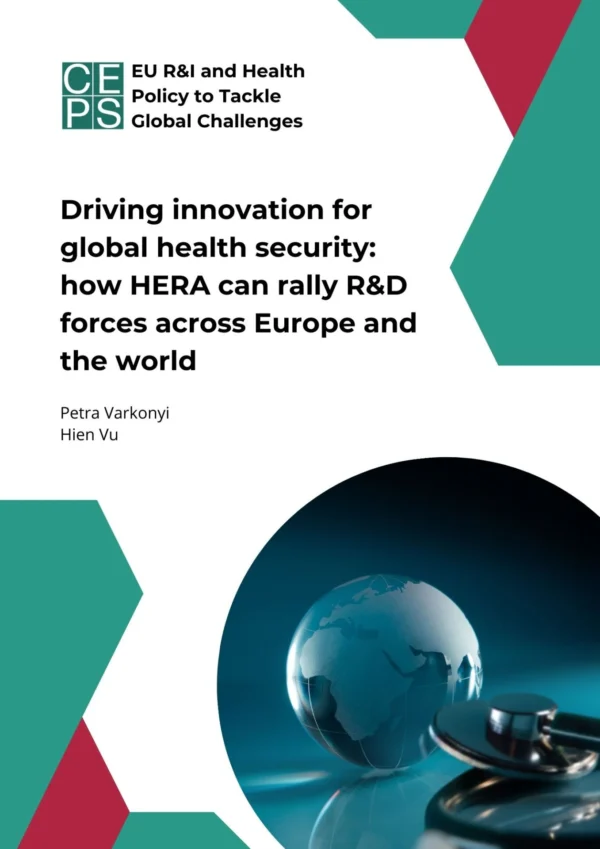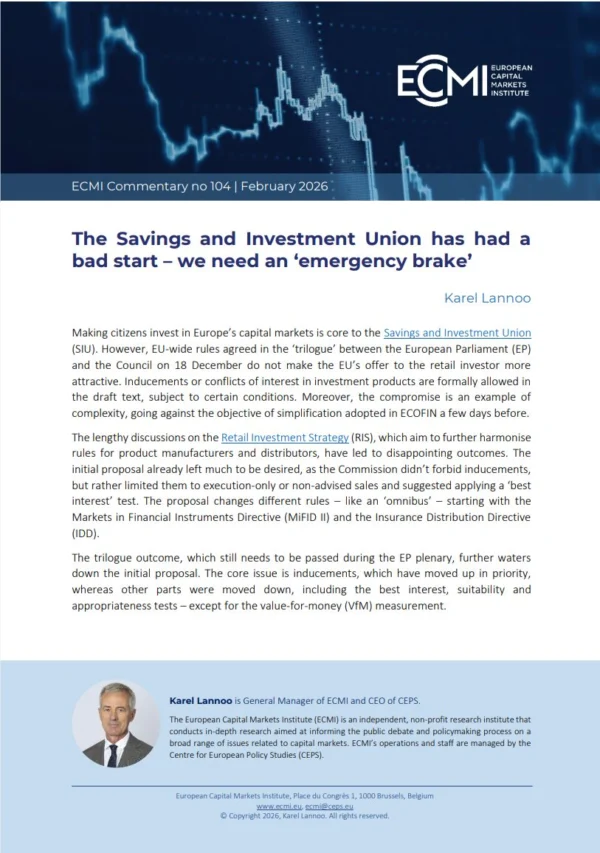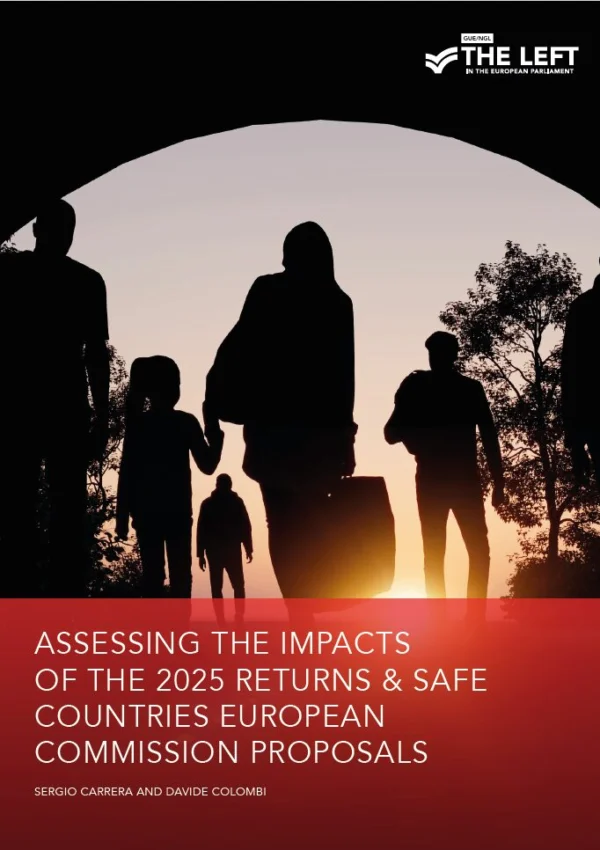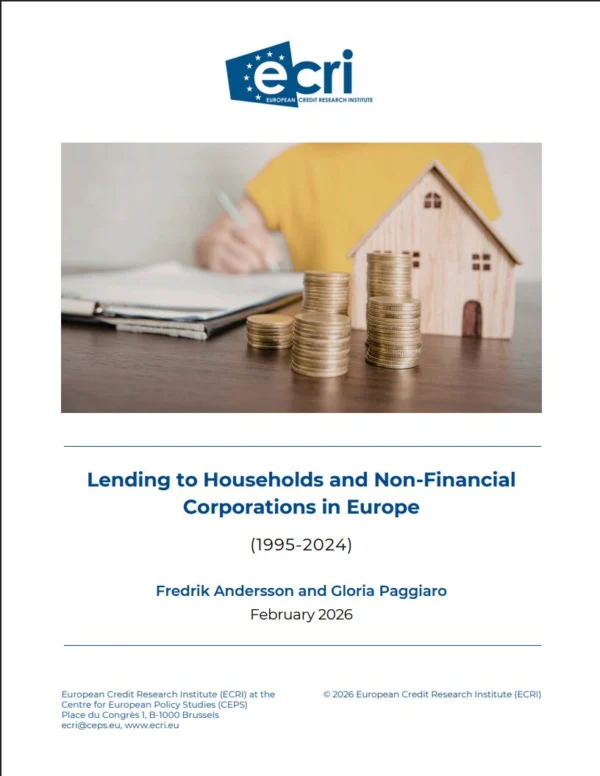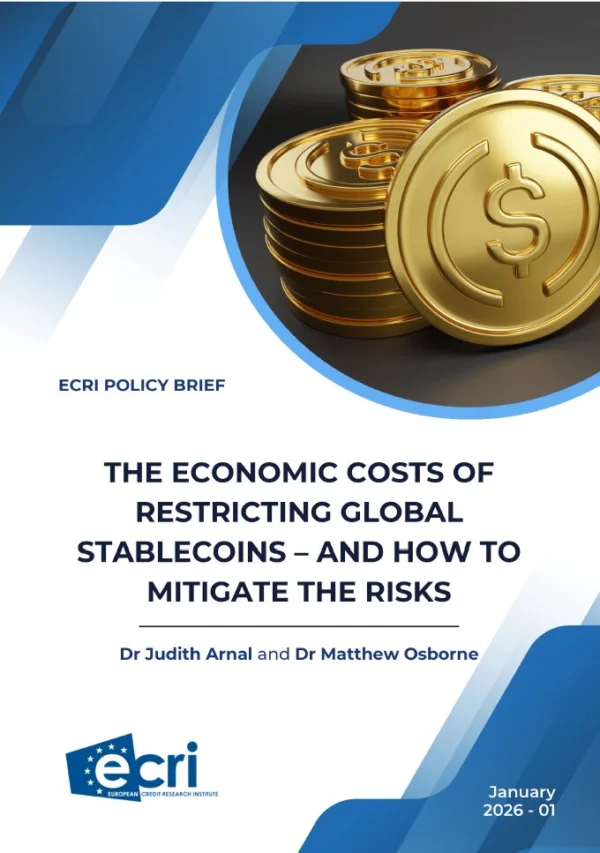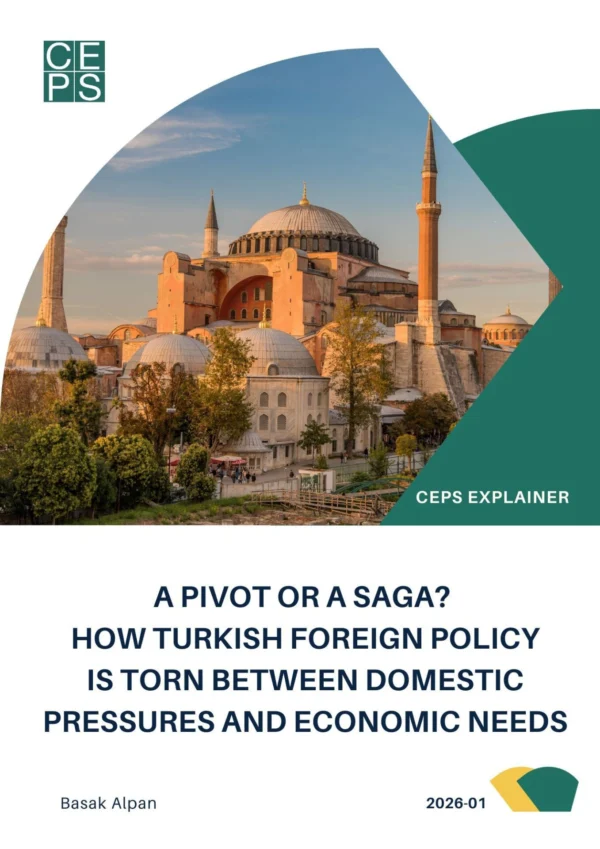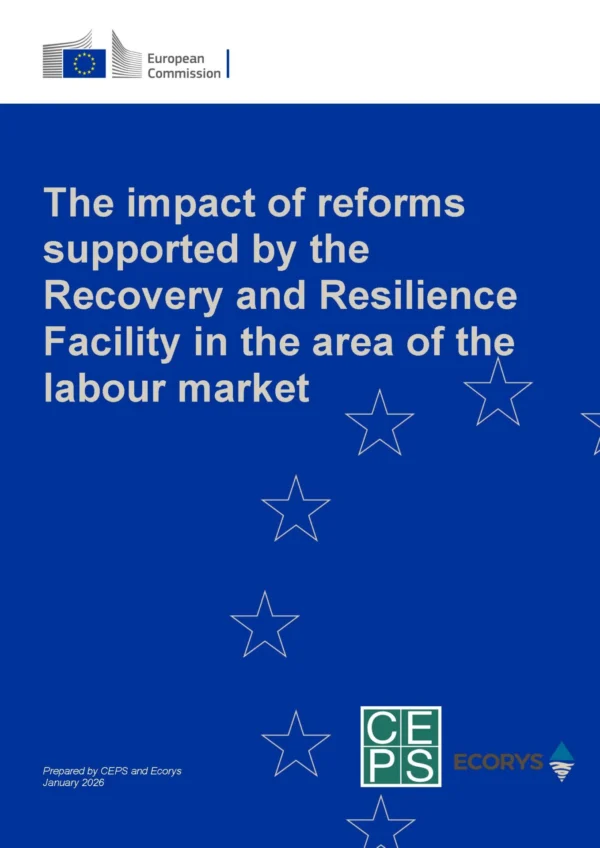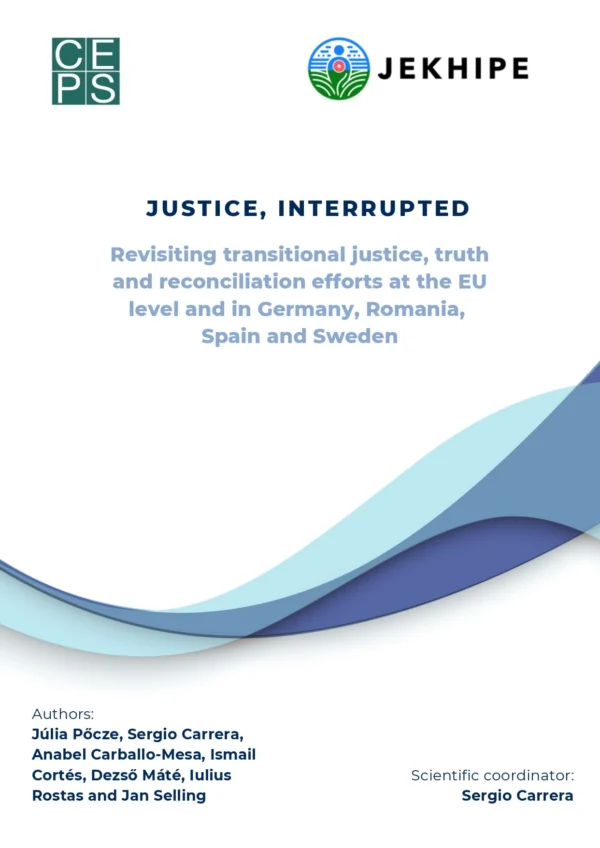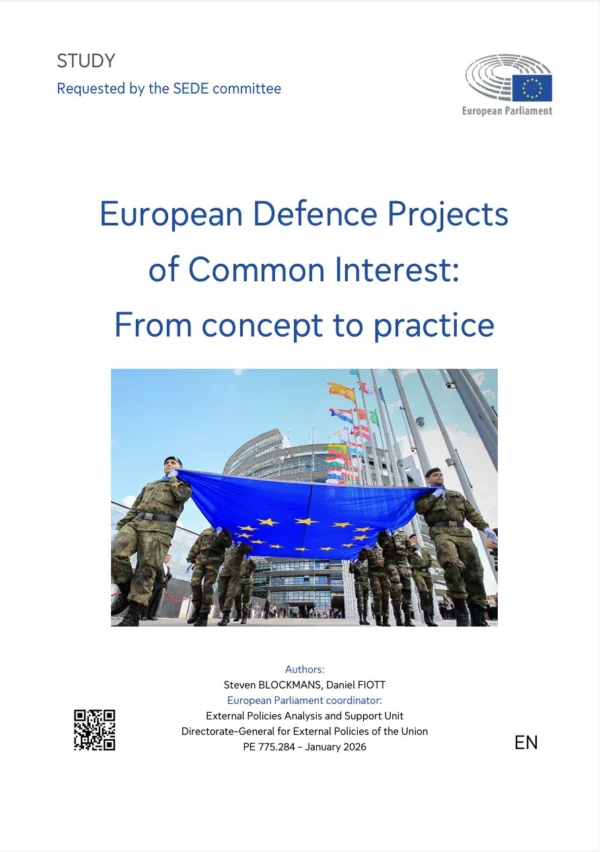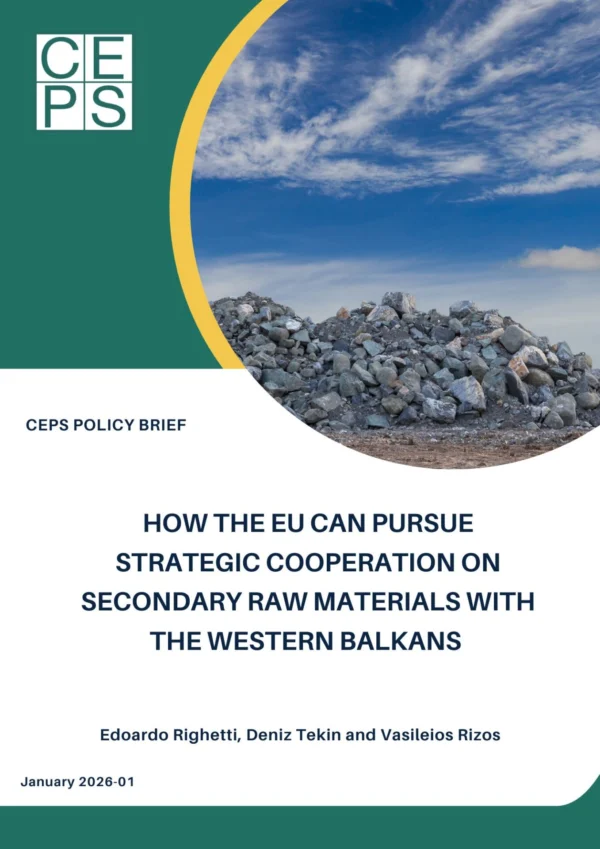Message from CEPS Chief Executive, Karel Lannoo
Migration, digitalisation and the EU’s relations with countries in the ‘arc of instability’ to its east and southeast are the three overriding themes driving the CEPS research programme for 2016. Work will also continue on the different aspects of market integration, most importantly energy markets, EMU governance and trade policy. And some new issues will demand our attention, such as the sharing economy and health economics. To produce truly valuable insights, policy analysis today increasingly requires a strong cross-sectoral element, which has been a hallmark of our research for several years now.
The severe turbulence experienced in the EU and Europe throughout 2015 has left us with no shortage of subjects. The year saw a solidification of the governance framework for EMU, but only after a long, acrimonious debate during the first half, which finally led to several dramatic choices made by Greece. The second half of 2015 also witnessed the refugee crisis, which has weakened the free movement of persons, another pillar of the EU. And the challenges remain high. 2016 will present further tests of whether the EU institutions can strengthen the argument for (more) Europe, with the British Referendum as the most emblematic challenge. But many other goals of the Juncker Commission will also remain high on the EU agenda.
Digitalisation increasingly cuts across sectors and affects policy debates in many areas. It is a major factor of fundamental change for a growing number of industries, from information technology and retail to finance, manufacturing, utilities and healthcare. Its expanding reach fundamentally affects the debates on privacy and data protection, and on homeland security. Designing the appropriate framework for digitalisation is thus of crucial importance, but at the same time extremely difficult given the fast-changing character of the field.
Migration will continue to be the primary policy issue for the coming year. Our experts will be available to offer thoughtful reactions on day-to-day developments at member state and EU level, and to champion what we see as the most desirable outcome, namely a strengthening of Europe’s external borders and border guards, a truly common visa regime and an EU-wide system for personal data collection. In the more medium term, we will explore how large immigrant inflows affect European society, labour markets and EU institutional debates.
On the external side, the main focus will be on Europe’s relations with its eastern and south-eastern neighbourhood, where security concerns might dominate, providing further tests of the EU’s ambition to develop a common foreign and security policy. On the trade side, relations with China and South-East Asia will be high on the agenda, building on our in depth analyses of TTIP and CETA.
On the activities side, preparations are well advanced for the 2016 CEPS Ideas Lab, to take place on February 25-26th at The Egg in Brussels. We have already managed to attract an impressive roster of high-level speakers and participants to share their views on the important question of “An EU fit for purpose?”. Discussions will take place over the course of these two days in numerous Labs and special sessions, each devoted to a specific policy area: Digital Economy, Regulation & Innovation, Trade Policy, Economy, Jobs, Finance, Energy, Climate Change, Rights & Security, Institutions and Europe in the world.
We are gratified to report that attendance levels at our regular seminars and debates also remains very high, showing there is demand for well-informed debate about the myriad policy issues calling for action on a daily basis in Brussels. This response has led us to launch a new activity stream, the CEPS Academy. After a successful start of a first Summer School in September 2015, we are now organising a specialised set of courses for government officials, academics and experts on topical EU governance issues. This programme is co-financed by the European Commission under the Erasmus+ programme.
We continue to monitor and improve our communications with our stakeholders. Shorter publications are now more easily accessed on all mobile devices as ‘html’ text, rather than as pdf downloads. We plan several new book projects in 2016, continuing our first year of successful cooperation with the London-based publisher Rowman and Littlefield International. Over the past year, publication downloads on the CEPS website further increased to a monthly average of 85,900 titles (or 2,864 per day), reaching over 100,000 in peak months.




